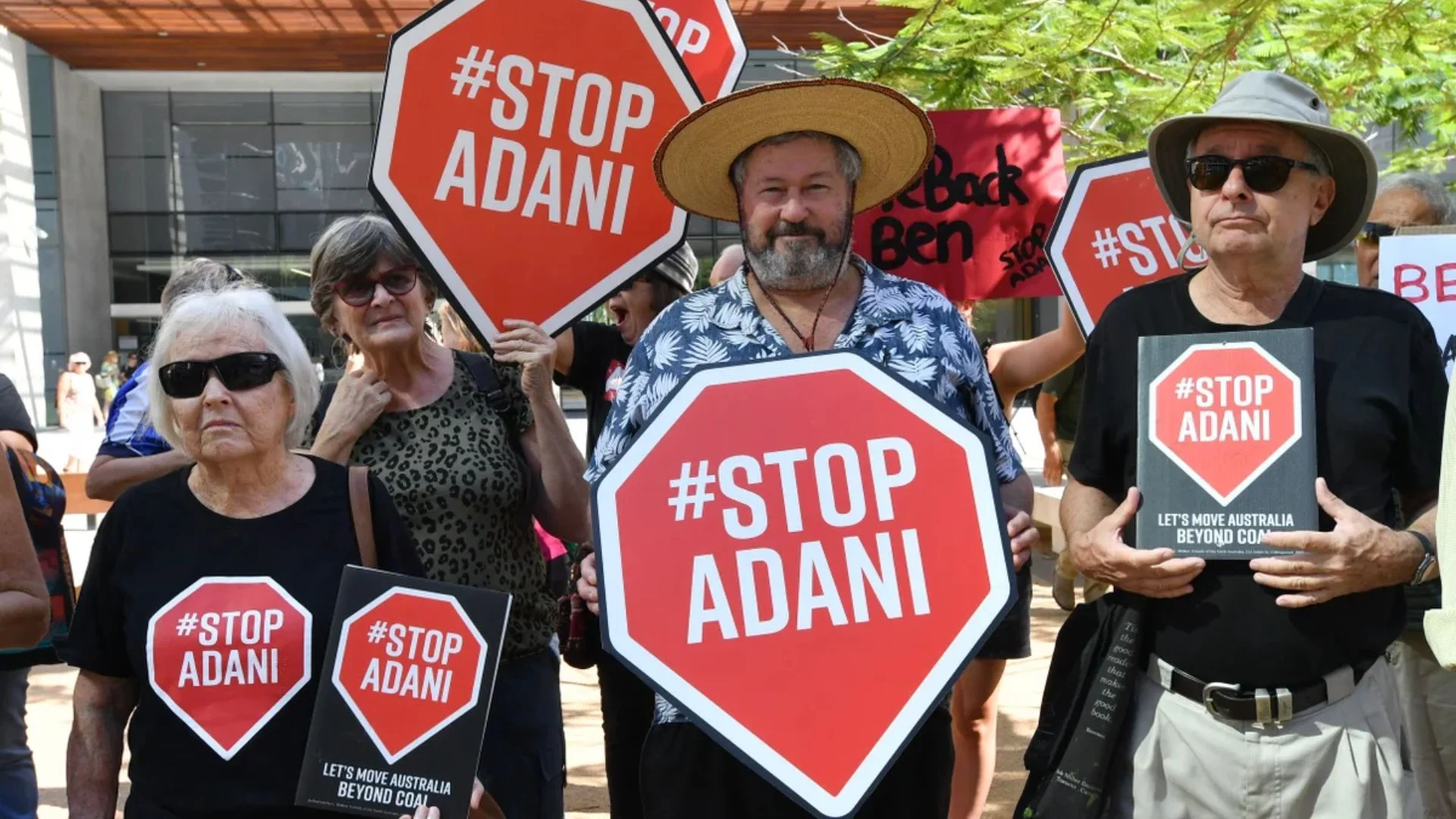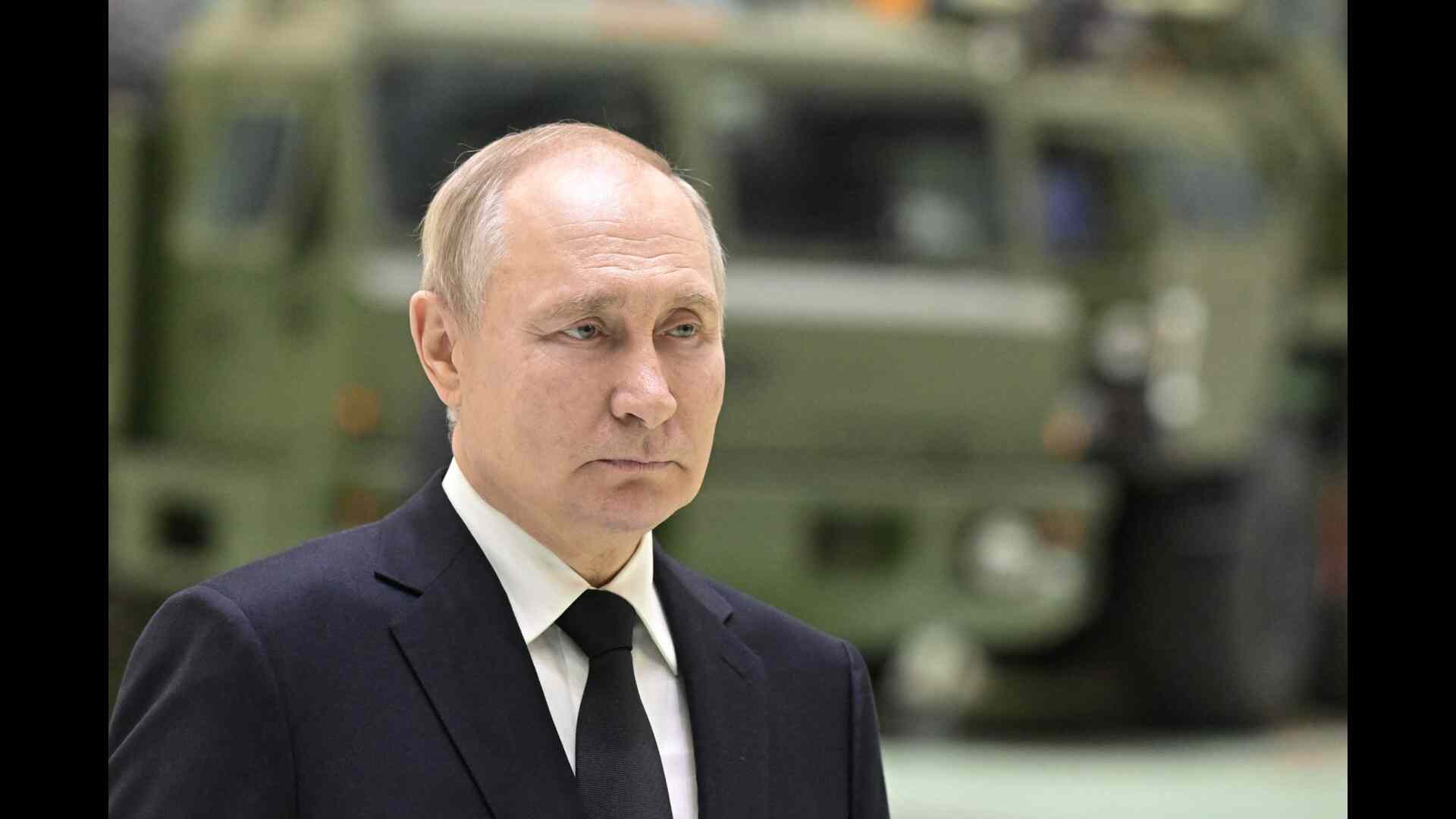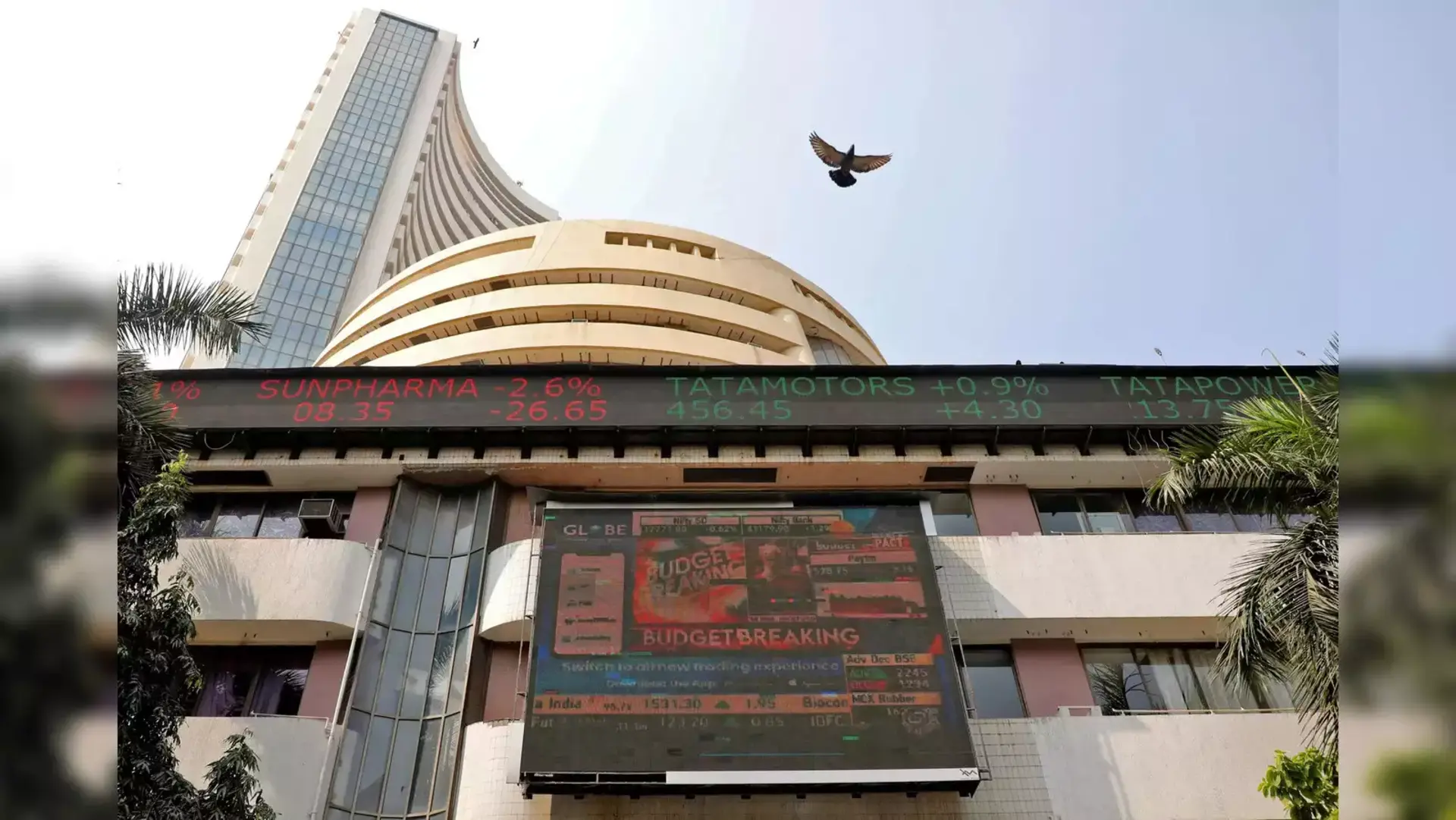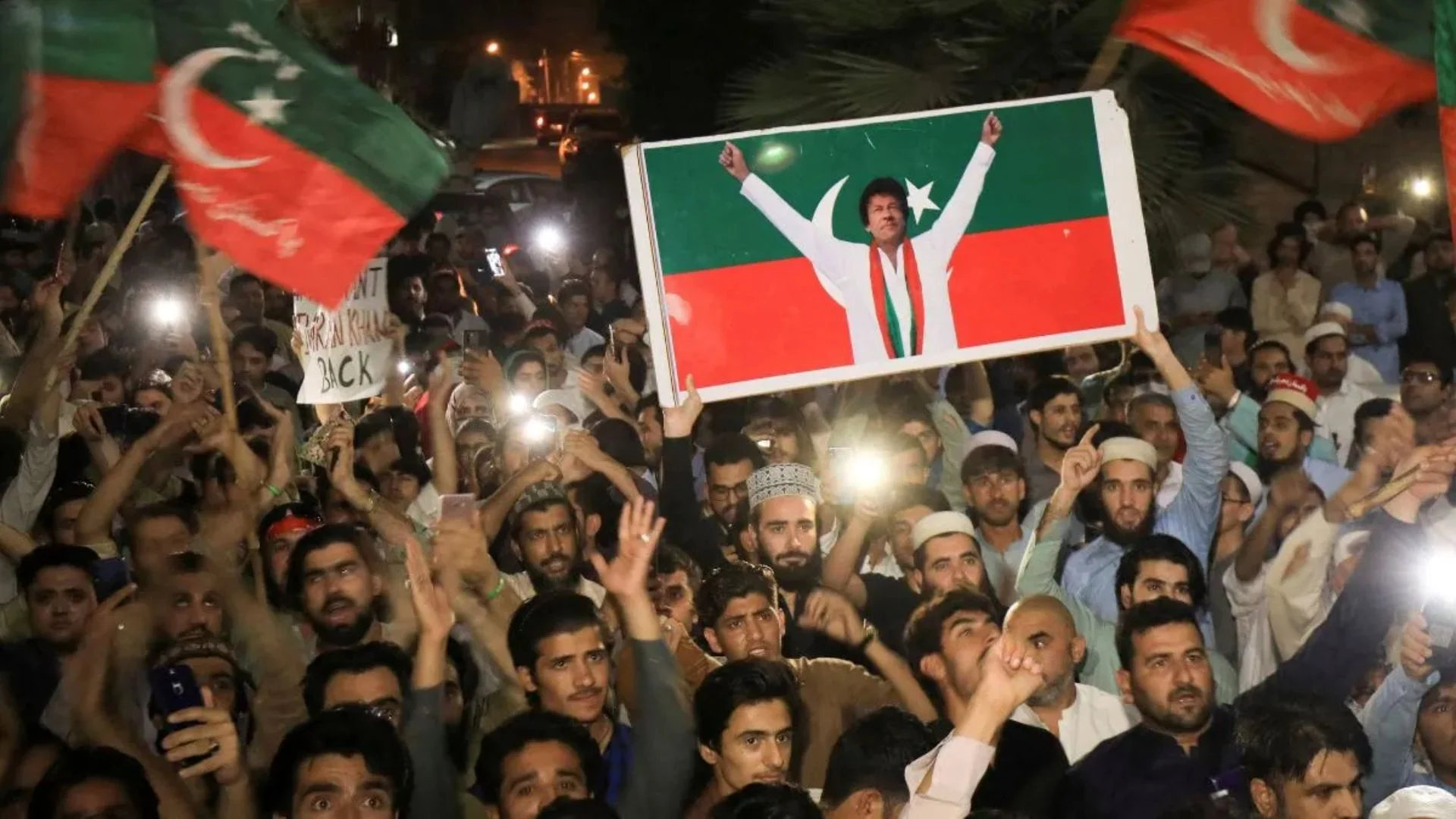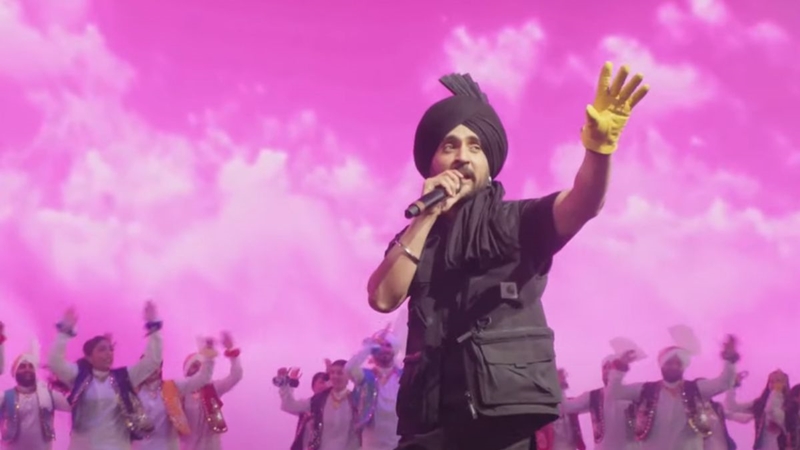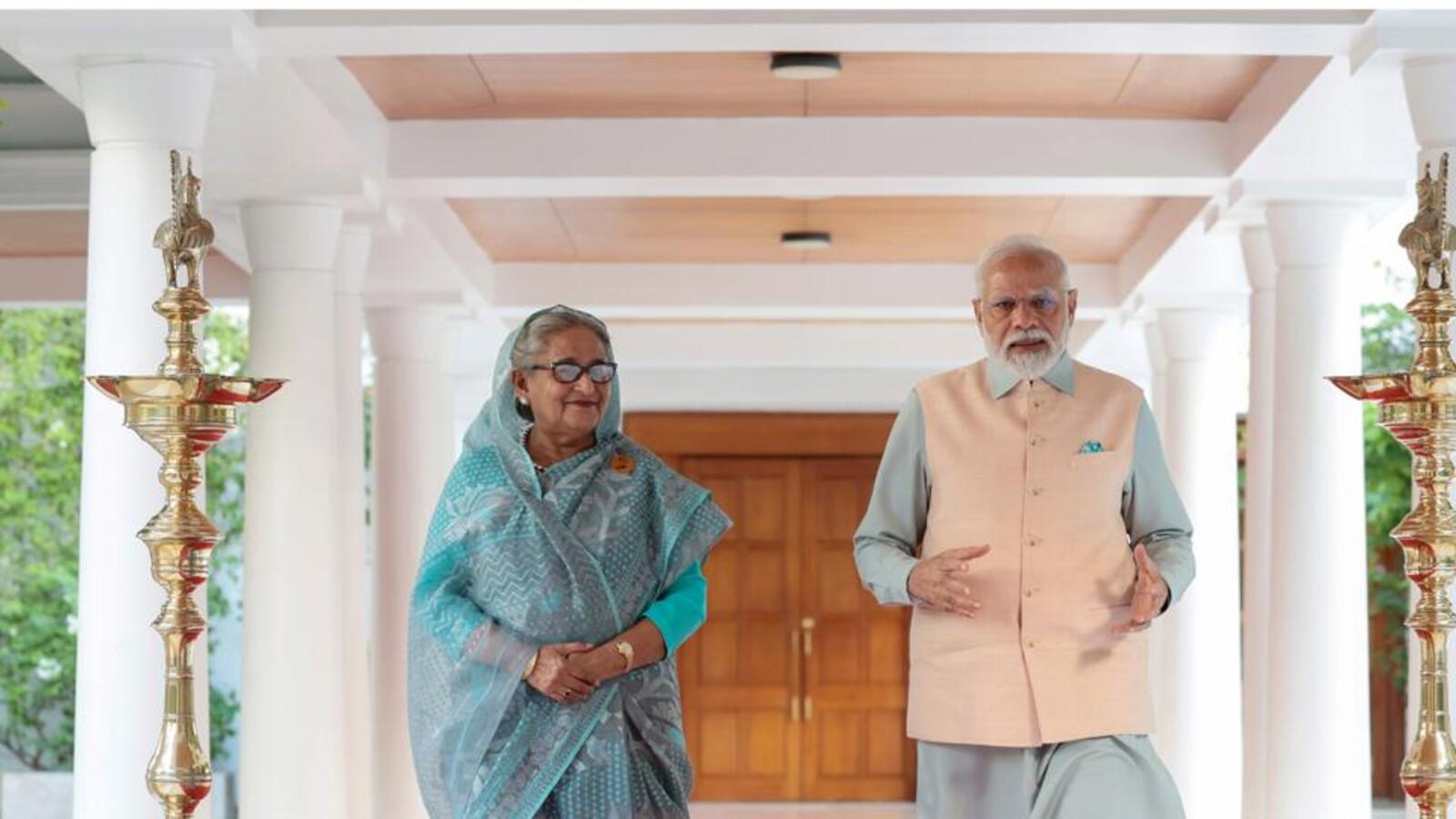
Indian Prime Minister Narendra Modi is set to visit Moscow for two days to meet Russian President Vladimir Putin. Their agenda includes discussing “prospects for further development of traditionally friendly Russian-Indian relations, as well as relevant international and regional issues”.
Russian Presidential Aide Yury Ushakov emphasized the significance of this visit, stating it is a key priority for the Kremlin. “It will be one of Modi’s first foreign trips – if not the first – after being re-elected”, he explained.
Kremlin spokesman Dmitry Peskov, when asked about the topics of discussion, said, “We jointly participate in integration processes, so regional affairs, regional security, and global security are always top priorities. Additionally, our bilateral trade and economic interaction is always a focal point”.
Peskov emphasized the “mutual political will” between Moscow and New Delhi to develop cooperation in various areas. He added, “Given the very trusting nature of the relationship between President Putin and Prime Minister Modi, we can expect an exchange of views on all issues on the agenda, and there are many.”
Meanwhile, Mao Ning, spokesperson for the Chinese Foreign Ministry, announced that Bangladesh Prime Minister Sheikh Hasina will pay an official visit to China from July 8 to 10, at the invitation of Premier Li Qiang.
We have similar visions for development and well-aligned development strategies”, Mao said. She highlighted that since the establishment of diplomatic relations 49 years ago, the two countries have treated each other with respect and equality, engaged in mutually beneficial cooperation, supported each other on core interests, and jointly advanced modernization.
Mao further stated that the two sides have set a good example of friendship and cooperation between developing countries. In recent years, under the strategic guidance and commitment of their leaders, the China-Bangladesh strategic cooperative partnership has deepened, leading to fruitful cooperation in various fields.
China is ready to work with Bangladesh to carry forward the spirit of the Five Principles of Peaceful Coexistence, deepen political mutual trust, further synergize development strategies, advance high-quality Belt and Road cooperation, and elevate bilateral relations to a new level, she added.
Prior to Sheikh Hasina’s official trip to China, Yao Wen, the Chinese ambassador to Bangladesh, told reporters that Beijing may consider Dhaka’s proposal for budget support to ease pressure on the country’s foreign reserves. Bangladesh is seeking $5 billion for budget support and an additional $15 billion from China for several mega projects.
Ambassador Wen stated, “We are discussing these issues. We have some new proposals from Bangladesh. This initiative is new for both of us, but China is open to discussion. We will do whatever we can as per Bangladesh’s request. Hopefully, we can make some breakthroughs in this regard”.
He further said, during Sheikh Hasina’s trip, multiple “cooperation documents” will be signed and the two countries will “jointly announce major cooperation achievements”.
Regarding Bangladesh’s desire to join BRICS, Ambassador Yao Wen expressed China’s support, hoping Bangladesh will become a BRICS member soon.
These significant trips by two South Asian leaders come at a time when there are signs of political changes in the West. According to recent reports, the Labour Party, under the leadership of Sir Keir Starmer, has won a historic landslide victory in the United Kingdom, ending 14 years of Conservative rule.
Robert Buckland, a former Conservative minister who lost his seat, described it as “electoral Armageddon” for the Tories. According to the BBC, this is the Conservative Party’s worst result in almost 200 years, with a battle over the future direction of the party likely to commence in the coming days.
In France, the far-right anti-immigrant National Rally (RN), led by Marine Le Pen, is on the verge of gaining power. Le Pen’s party enters the second round with unprecedented strength, buoyed by its first-round success and its triumph in recent European elections.
RN candidates and their allies topped the race in 296 out of France’s 577 constituencies, winning 39 of them outright with over 50 percent of the vote – a feat no far-right candidate had achieved before.
In the US, following President Joe Biden’s poor performance in the June 27 debate signs of Donald Trump’s potential victory in the November 5 elections, there are clear indications of the rise of nationalist forces throughout the West. At this juncture, the Russia trip of Indian Prime Minister Narendra Modi and the China trip of Bangladesh Prime Minister Sheikh Hasina indicate a further solidifying of relations among the nations in the Global South, which may ultimately lead to a decrease in Western influence in Eastern Europe, Asia, Eurasia, the Middle East, and Africa.
Salah Uddin Shoaib Choudhury is an internationally acclaimed multi-award-winning journalist, writer, research-scholar, and Editor, Blitz. He regularly writes for local and international newspapers.
